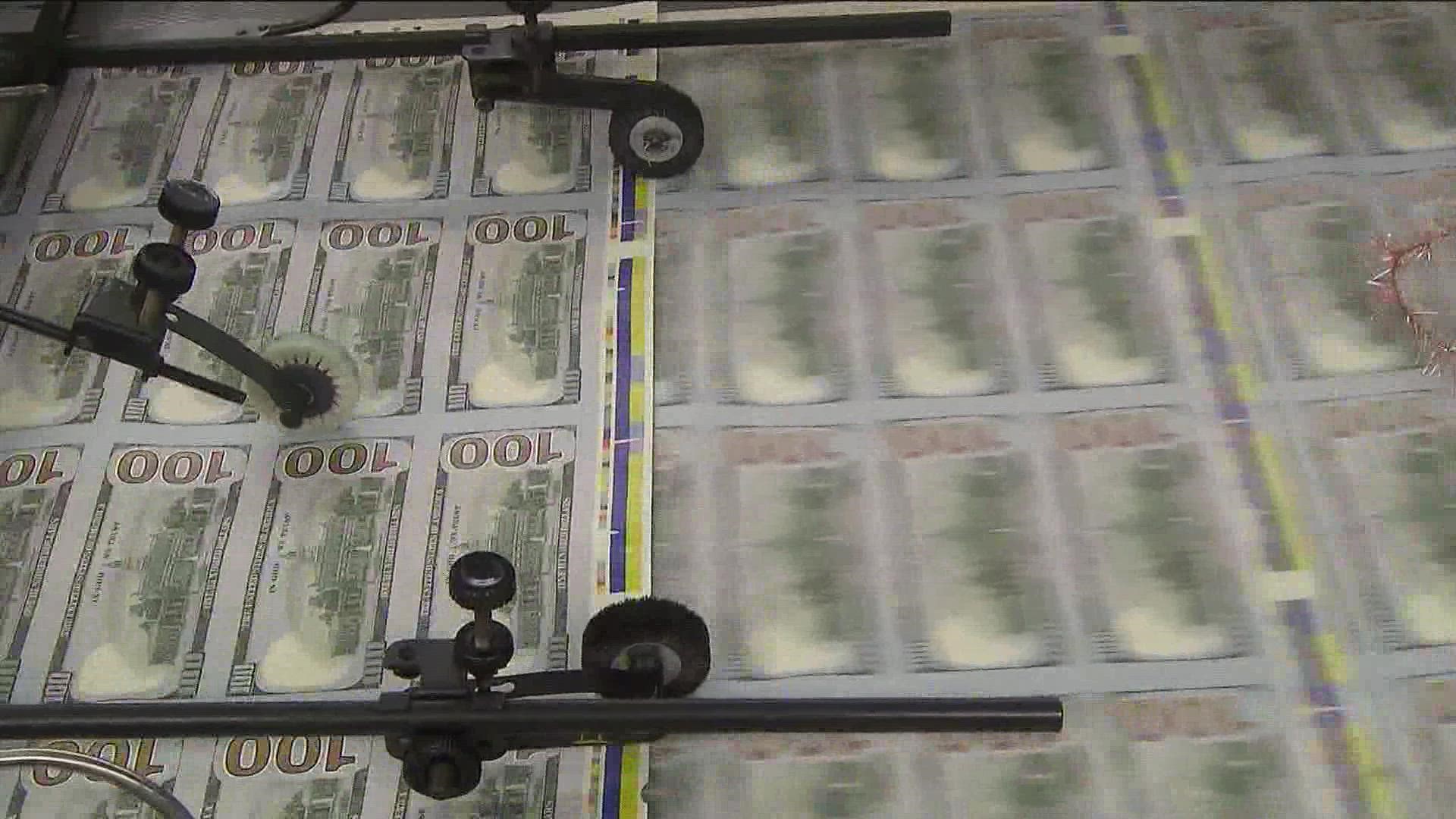ATLANTA — The Federal Reserve’s decision to lift interest rates won’t have an immediate impact on our wallet, but it has sparked questions about how the move will ease our nation’s record inflation.
Whether it’s at the grocery store or the gas station, our wallets are suffering. Now comes the Fed’s decision to raise interest rates .25%, which will mean paying more on a car or home loan.
11Alive viewer Dorothea from Union City wonders how the increasing pressure on our finances will bring an end to inflation.
First, you have to think about what happens when interest rates are low. It’s easier to pay off a credit card bill or borrow money to buy a house, so low interest rates encourage spending.
Demand for products is high and when demand is high, prices soar.
The goal when the Fed raises interest rates is to lessen the desire to spend, and lowering demand will eventually lower prices.
Dr. Ray Hill of Emory’s Goizuetta Business School said the biggest impact is on the housing market and investments.
“That's either investment by firms because it raises their cost of capital, or investment in housing, which is where the mortgage rates come in,” Dr. Hill explained.
By raising the interest rate .25%, with the promise of six more hikes before the end of the year, the Fed is pumping the brakes on spending.
Dr. Hill warned that jamming the brakes can lead to a recession.
“That would be a scenario like Alan Greenspan in the late 80s when he made the Fed funds rate go up to 10%,” Dr. Hill explained. “That would be slamming on the brakes.”
When the economy had time to recover after the 2008 recession, the Fed raised the interest rate around five different times between 2017 and 2018. It was the last hike until now.

